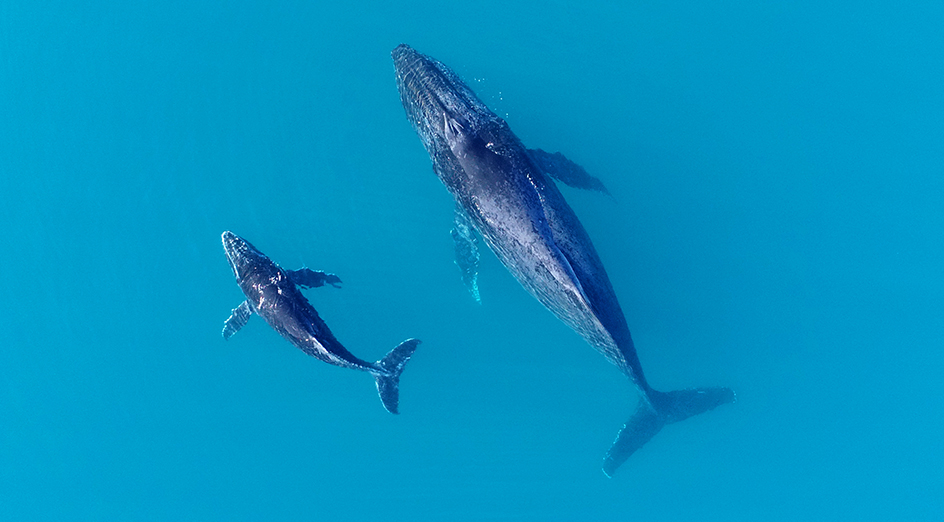After several years as an oral health therapist in Ashburton, Joanne, who graduates from UC this week with a Master’s in Health Science, was inspired to complete her postgraduate studies after noticing inequalities in access to dental care.

UC Master’s graduate and Oral Health Therapist, Joanne Lee.
Sustainable Development Goal (SDG) 3 – Good health and wellbeing
After several years as an oral health therapist in Ashburton, Joanne, who graduates from UC this week with a Master’s in Health Science, was inspired to complete her postgraduate studies after noticing inequalities in access to dental care.
“Since dental care is still free for kids under 18, you can see that people who come to their appointments are often more well-off, because they can afford the time and costs of turning up. Those who can’t afford it ultimately turn up in severe pain,” Joanne says.
It was this realisation that inspired her move to Ōtautahi Christchurch to complete the last few papers for her Master’s degree at UC.
“I am forever grateful to have found the most phenomenal supervisors, and , who gave me so much encouragement and dedication throughout my Master’s journey.”
Joanne’s thesis, ‘Adolescents and oral health utilisation in Canterbury, New Zealand: a geospatial cross-sectional study’, has been accepted for publication by Community Dentistry and Oral Epidemiology, a leading, international research publication.
Key findings from the study showed:
- Māori and Pasifika adolescents are far less likely (37% and 46% respectively) to access dental care than NZ European adolescents.
- Adolescents living in the most deprived areas are 38% less likely to access care than those living in the least deprived areas.
- Adolescents living in remote areas of Canterbury are 36% less likely to access care than those living in urban areas.
“I am hoping my research will help existing systems to pinpoint areas that currently do not have enough dentists contracted to provide dental care for adolescents, and to place adequate dental and oral health therapists in these areas to meet this need.”
Ultimately, Joanne says, the responsibility for change lies with policymakers.
“We need to change the status quo – this may include the possibility of providing services for adolescents on (more) school grounds, through mobile units and in culturally appropriate settings such as churches or marae.”
Following graduation, Joanne plans to continue working as a clinician, but hopes to be more involved in research that has the potential to create long-lasting changes in oral health outcomes in Aotearoa.
Dr Hobbs, Co-Director of the University’s , says Joanne’s study represents a step forward in understanding as it not only identifies ‘who’ may be underutilising dental care, but also ‘where’.
“This is important as it allows our already stretched public health resources to be better targeted to those areas that need it most. It is not often we see clinicians combining their work with geospatial research and that is what makes this study so compelling.”








